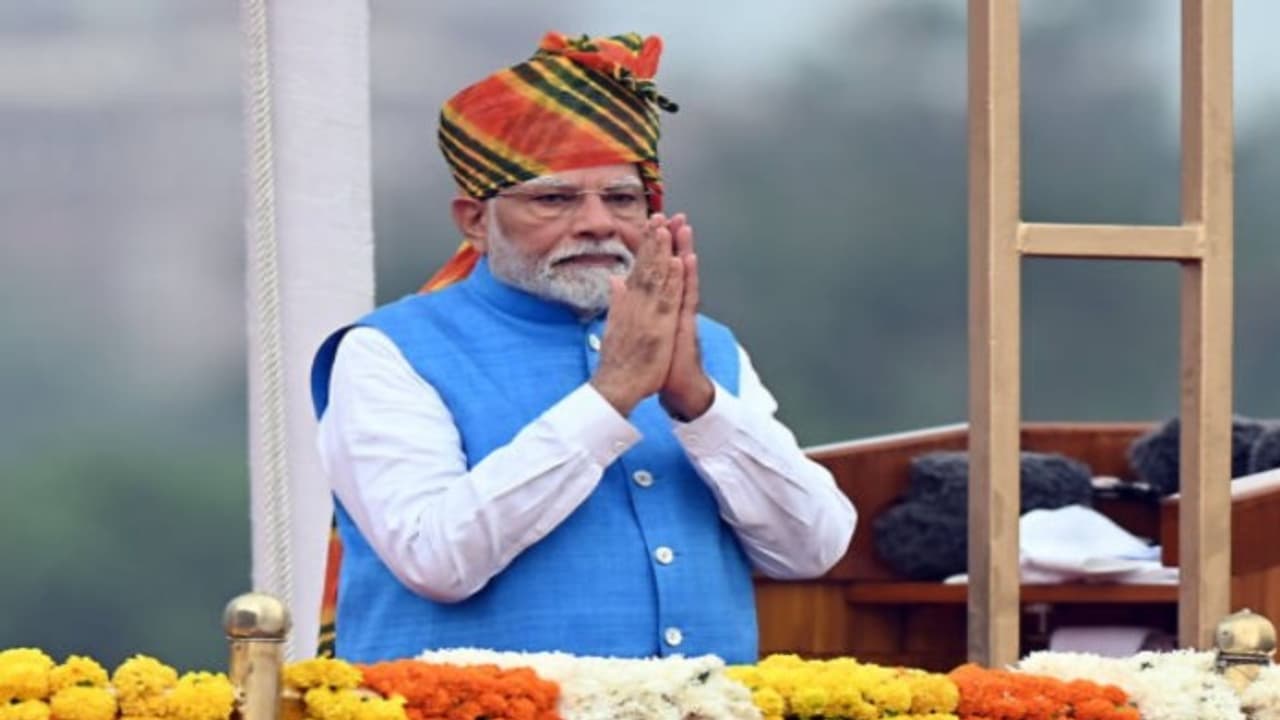The Modi government has empowered marginalized communities through data-driven reforms, landmark legislation, and inclusive welfare schemes. In contrast to Congress’s legacy of neglect, Modi’s leadership delivers opportunity for SCs, STs, and OBCs.
By Pratyush Kanth, BJP Spokesperson

For decades, India’s most marginalized communities, the Scheduled Castes (SCs), Scheduled Tribes (STs), and Other Backward Classes (OBCs) remained on the sidelines of governance, victims of tokenism and unfulfilled promises. Despite ruling India for over sixty years, the Congress party failed to bring about any lasting transformation for these groups. What we saw was a politics of slogans, not solutions; of vote banks, not vision.
The historic neglect is stark. Congress never gave constitutional status to the National Commission for Backward Classes. It refused to conduct a caste-based census after 1931, despite persistent demands from across the political and social spectrum. There was no legislative reservation for OBCs, no targeted schemes to address their socio-economic realities, and minimal representation in policymaking. For a party that now postures as a champion of social justice from the Opposition benches, its record in power tells a different story, one of inertia and indifference.
In sharp contrast, Prime Minister Narendra Modi’s government has redefined what inclusive development looks like. It is not just a matter of rhetoric but a legacy of action rooted in structural reforms, backed by data, and driven by results.
One of the Modi government’s landmark achievements was granting constitutional status to the OBC Commission in 2018 — a demand ignored for decades. Through the 103rd Constitutional Amendment, the government introduced 10% reservation for economically weaker sections (EWS) in the general category, bringing economic deprivation into the framework of affirmative action.
Our welfare delivery model has transformed lives at scale. Under flagship schemes such as PM Awas Yojana, Ujjwala Yojana, Ayushman Bharat, PM-KISAN, and the Jal Jeevan Mission, over 50% of beneficiaries are from SC, ST, and OBC backgrounds, according to official data. These benefits are delivered directly, transparently, and without political discrimination. This is not appeasement, this is empowerment.
India’s rapid poverty reduction has been recognized globally. According to NITI Aayog and UNDP, more than 250 million people have been lifted out of multidimensional poverty in just nine years. This is not just a policy win it is a human milestone.
The Modi government also reflects social inclusion in its very composition. Prime Minister Modi himself is from an OBC background, and his Cabinet includes powerful voices from historically marginalized communities’ leaders like Bhupender Yadav, Dharmendra Pradhan, Annapurna Devi, Virendra Kumar, Arjun Munda and Arjun Ram Meghwal. These are not ornamental appointments; these are ministers driving India’s transformation across education, infrastructure, health, tribal affairs, and social justice.
Most notably, the Modi government has taken the historic decision to support and implement a caste-based census, recognizing that accurate data is essential for effective welfare policy. This is the first time a central government has seriously operationalized such a move since 1931. Let us be clear: this is not a symbolic gesture — it is a bold, administrative step toward data-backed governance.
It is laughable that Congress and some regional opposition parties are now rushing to take credit for this development the very parties that ignored this demand for decades while in power. They had ample opportunity and absolute authority to act yet they stalled, deferred, and dismissed it repeatedly. Their sudden interest now reeks of political opportunism. The people of India can see through this.
The difference is clear. Congress talks; the Modi government delivers. While the Opposition is busy rewriting history to suit its convenience, PM Modi is quietly rewriting the future with dignity, data, and decisive action.
That’s why the people continue to place their trust in Narendra Modi’s leadership and his vision of Sabka Saath, Sabka Vikas, Sabka Vishwas, Sabka Prayas.
India’s backward, scheduled, and tribal classes are not looking for handouts. They are seeking opportunity, recognition, and a fair chance. And under Prime Minister Modi, for the first time, they are getting exactly that not just promises, but progress.
(The writer is the National Spokesperson of the BJP)


